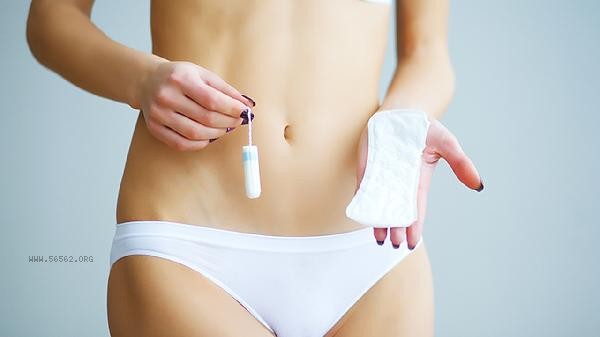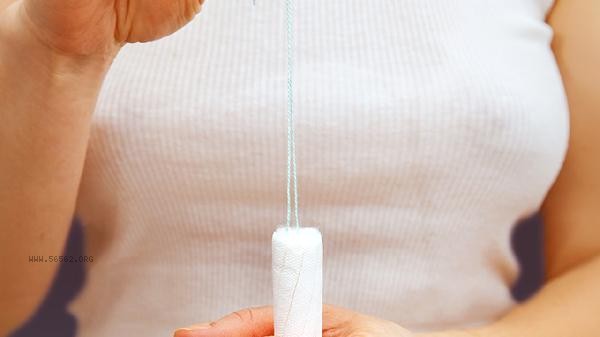About one week after the end of menstruation is the period with better weight loss results. During this period, estrogen levels rise, metabolism accelerates, and fat burning efficiency improves. Combined with dietary control and moderate exercise, a more ideal weight loss effect can be achieved. Hormonal changes during the menstrual cycle have a significant impact on weight loss outcomes. About 7 days after the end of menstruation, it enters the follicular phase, during which estrogen secretion gradually increases and the body's sensitivity to insulin increases, which is more conducive to sugar metabolism and fat breakdown. At this stage, the basal metabolic rate is higher than during menstruation, and the proportion of fat energy supply increases during exercise, consuming more body fat under the same amount of exercise. Diet can increase protein and dietary fiber intake appropriately, reduce refined carbohydrates, and help maintain blood sugar stability.

A small number of women have more significant weight loss effects during the luteal phase. The luteal phase refers to the period from ovulation to about 14 days before menstruation, during which the level of progesterone increases. Some women may experience symptoms such as decreased appetite and elevated basal body temperature. But the luteal phase is also prone to edema and emotional fluctuations, which may affect exercise persistence. If you choose to lose weight at this stage, you need to pay attention to replenishing water and minerals, and avoid discomfort caused by high-intensity exercise.

Weight loss should be planned based on individual physiological cycle characteristics. In addition to understanding the hormonal changes, maintaining a balanced diet and regular exercise over the long term is the key. It is recommended to avoid strenuous exercise during menstruation and focus on relaxing and stretching; After menstruation, aerobic exercise and strength training can be gradually increased, such as brisk walking, swimming, yoga, etc. At the same time, ensure sufficient sleep, drink no less than 1500 milliliters of water per day, and avoid excessive dieting leading to endocrine disorders. If severe fatigue or menstrual disorders occur, adjust the weight loss intensity in a timely manner and consult a doctor.










Comments (0)
Leave a Comment
No comments yet
Be the first to share your thoughts!